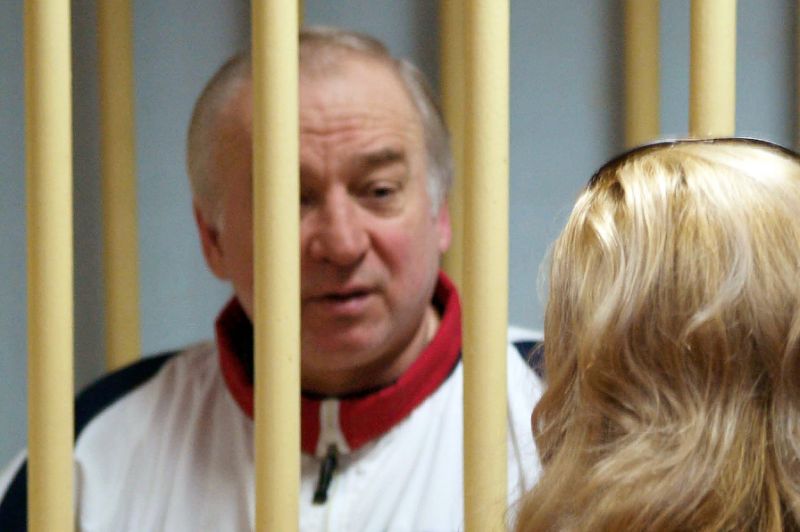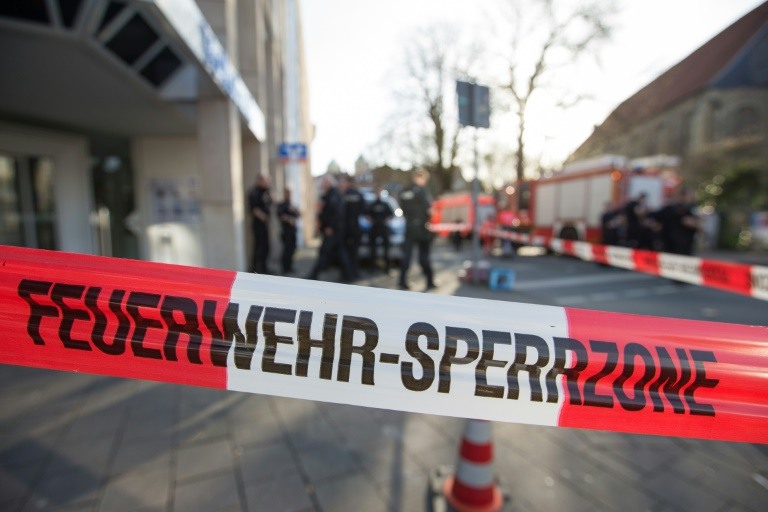As poisoned Russian double-agent Sergei Skripal was said to be on the mend Friday, toxicology experts warned the nerve agent used on him could leave long-term damage.
The Poison
Britain claims the military-grade nerve agent used on the 66-year-old ex-spy and his daughter Yulia, 33, was of the Novichok family developed by the Soviet government towards the end of the Cold War. Russia denies any responsibility.
Nerve agents are the most toxic known chemical warfare agents. They affect the central nervous system by interrupting communication between the brain, the main organs, and muscles. Many people stop being able to breathe, and asphyxiate, or suffer heart failure.
Ex-spy Sergei Skripal no longer in critical condition, doctors say, after being poisoned by nerve agent in Salisbury https://t.co/XUiPLn61JR
— BBC Breaking News (@BBCBreaking) April 6, 2018
The Treatment
“As far as we know from the literature, there is no specific antidote for Novichok,” chemical arms expert Ralf Trapp told AFP.
Typically, poisoning victims are kept on heart and lung machines while given the drug atropine “hoping that the body will recover” and restore normal functioning, he explained.
Atropine relieves some of the symptoms by blocking acetylcholine — a chemical transmitter that controls muscle contraction.
Nerve agents attack the enzyme that controls acetylcholine, leading to an overproduction and muscle malfunction.
With time, the body clears out the nerve agent and starts producing the acetylcholine-controlling enzyme anew.
“New research suggests something like this may take up to two weeks to restore sufficient levels of enzyme to restore reasonable nerve function,” said Chris Morris of the Newcastle University’s Medical Toxicology Centre.
“With high dose exposures this may take longer, and is possibly why in this case recovery has taken up to now.”
.@RussiaUN envoy Nebenzia: Russia is utterly determined to find the truth in Skripal case. So far it seems that certain secret services carried out a terrorist attack vs Russian citizens. pic.twitter.com/uxTIIEvgGs
— Russian Embassy, UK (@RussianEmbassy) April 6, 2018
The Prognosis
If diagnosed early, as in the case of the Skripals — and treated immediately — recovery from nerve agent poisoning “is typically very good,” said Morris. But permanent damage cannot be ruled out.
Some victims may have lifelong difficulty concentrating or reading, said Jean-Pascal Zanders, a biological weapons expert at France’s Foundation for Strategic Research.
Long-term neurological damage had been reported in previous poisoning cases, including survivors of the sarin gas Tokyo subway attack of 1995, noted chemistry expert Michelle Carlin of Northumbria University in the U.K.
“This may include things like slowing of thought processes, a reduction of physical movement, and respiratory problems — but we don’t know yet whether those will happen in this case,” she said via the Science Media Centre in London.
Novichok, its dosage, effects and treatment, is less well understood than better-known nerve agents such as sarin.






















